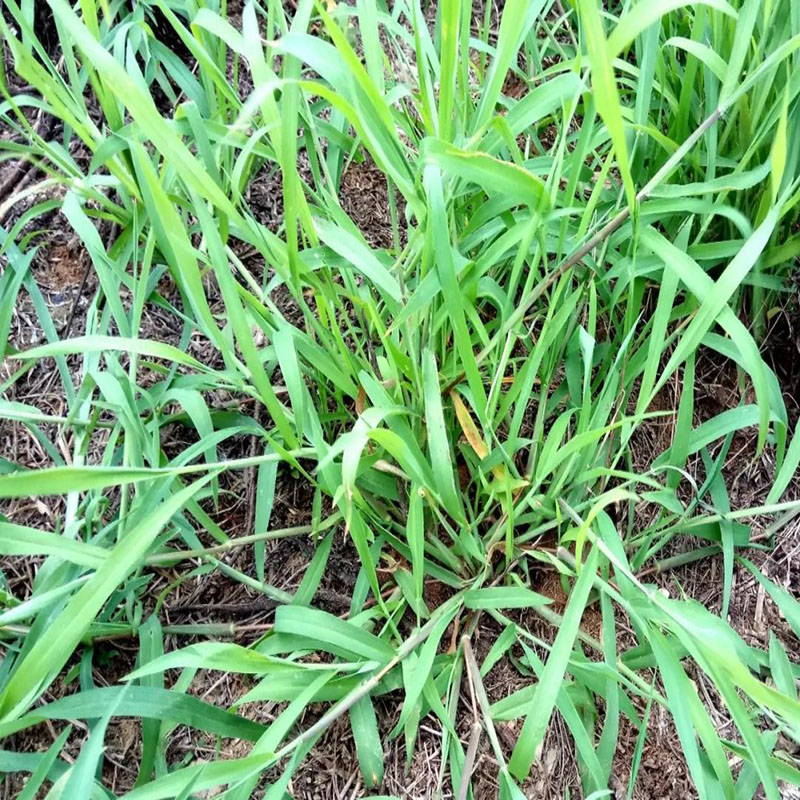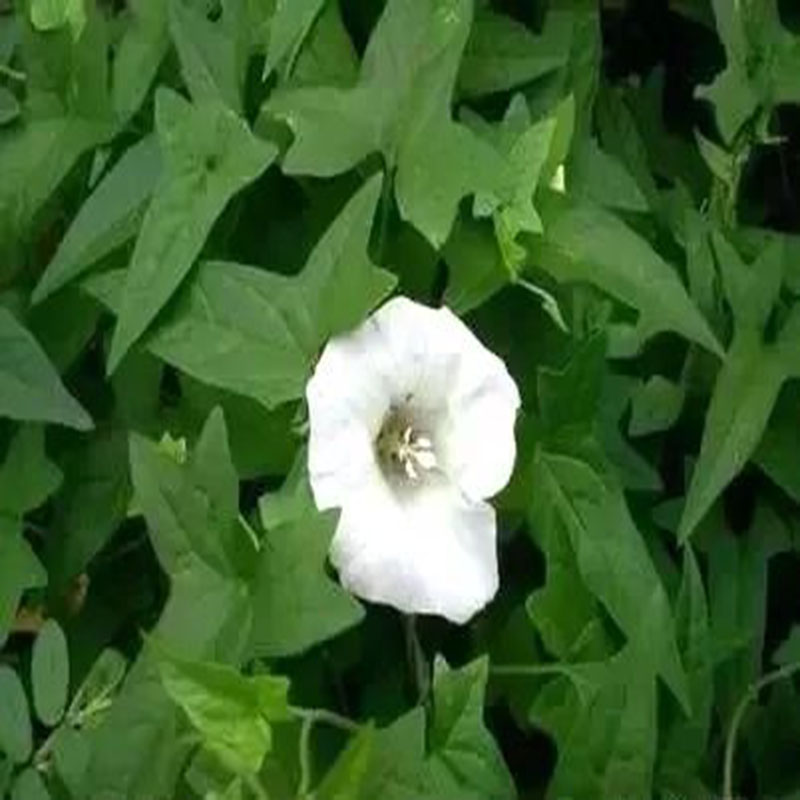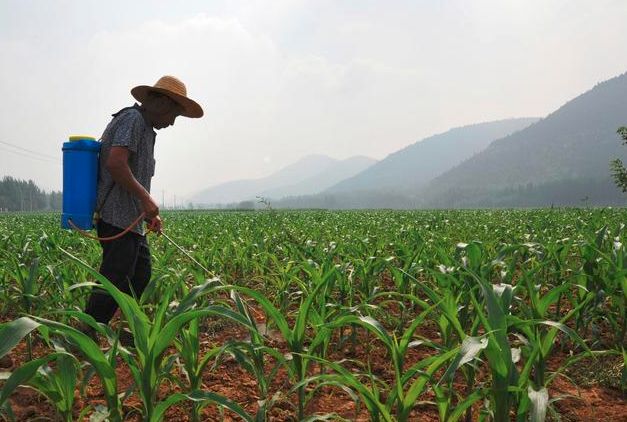Prouct name:Tembotrione
Brand name : Laudis Capreno
Molecular formula : C17H16ClF3O6S
Cas No. : 335104-84-2
Chemical Name : 2-{2-chloro-4-(methanesulfonyl)-3-[(2,2,2-trifluoroethoxy)methyl]benzoyl}cyclohexane-1,3-dione
Intermediate :2-Chloro-4-methanesulfonyl-3-[(2,2,2-trifluoroethoxy)methyl]benzoic acid Cas No.:20100-77-8
Structure :
Mechanism of action :
Tembotrione is an HPPD (p-hydroxyphenylpyruvate dioxygenase) inhibitor herbicide. By inhibiting HPPD in weeds, tyrosine will accumulate in meristems and plastoquinones will be deficient, causing the loss of weeds. Greening, fading, tissue necrosis, and ultimately killing weeds.
Formulation:
|
Product |
Formulate |
Crop |
Target |
| 44g/L Tembotrione | OD | Corn | Annual Grass and Broadleaf Weeds |
| 34.5%Tembotrione | SC | Corn | Grass weeds such as crabgrass and foxtail, broad-leaved weeds such as amaranth, quinoa, shepherd’s purse, and morning glory |
| 28.3%Tembotrione+5.6%thiencarbazone –methyl | EC | Corn | Grass weeds such as crabgrass and foxtail, broad-leaved weeds such as amaranth, quinoa, shepherd’s purse, and morning glory |
| 19.73% Dicamba sodium salt+2.83% Tembotrione | SC | Corn | Alfalfa, Bugloss, Barnyard Grass, Canada Thistle, Canada Solidago, Nightshade and other weeds |
| 42g/L Tembotrione | SC | Corn | Annual Grass and Broadleaf Weeds |
Product advantages:
- Compared with similar products like mesotrione, it has a wider range of weed control, higher activity, more resistant to rain erosion, and requires less dosage to achieve the same control effect.
- The duration of medication is long. It can be used in the 3rd to 9th leaf stage of corn.
- High security. One is that it is safe for corn, and it is the only corn field herbicide that can be resprayed at present. The other is that it is safe for subsequent crops and will not cause phytotoxicity.
- Excellent protection effect. The control effect on 18 common weeds in corn fields is 100%, the control effect on 41 kinds of weeds is 95%, and the control effect on 56 kinds of weeds is over 90%.
Prospect:
Since the listing of tembotrione in 2007, sales have been rising all the way. In 2009, the sales of tembotrione was about 30 million US dollars, and by 2019 it had reached 245 million US dollars, with a compound annual growth rate of 23.4%, of which the compound annual growth rate from 2009 to 2014 reached 51.6%, much higher than All other HPPD inhibitor herbicides.At present, Latin America is the largest market for tembotrione, accounting for about 45% of its global market. At the same time, tembotrione has been sold and used in a wide range in Europe, North American Free Trade Area, South Africa, Ecuador, Chile, Kenya and other regions and countries.In view of its huge market capacity and a series of product advantages, it is estimated that in the future, the sales of tembotrione will still have a large room for growth, and it will even become a strong competitor of similar products such as mesotrione and atrazine. Moreover, with the expiration of the patents of this product in many countries and the further expansion of the scope of registration by relevant companies, the market prospect of tembotrione products will be even broader.
Post time: Feb-23-2023







